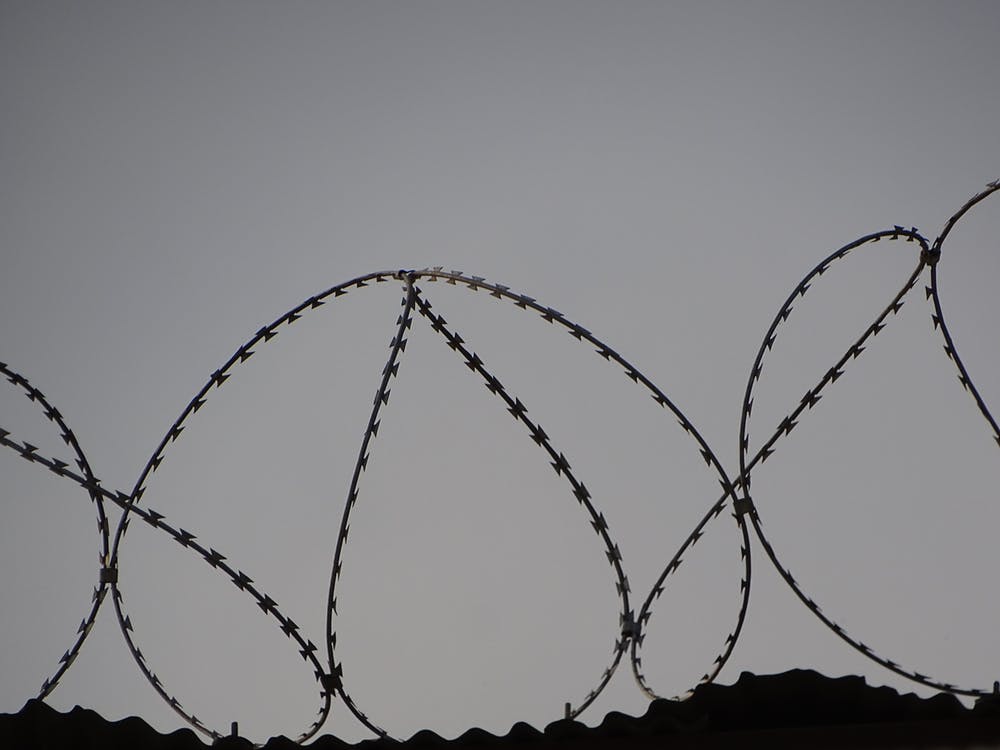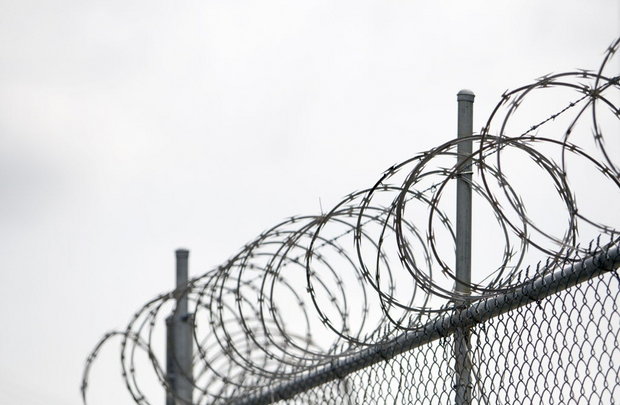
27 Apr Children With Parents In Prison, Are Doing Time Too
Richard A. Webster of NOLA.com writes:

Millions of children in the United States, including 94,000 in Louisiana, have a parent who has served time in prison. And the loss of that father or mother has had a devastating effect on their lives, damaging their health and reducing their chances for future success, according to a report released Monday (April 25).
“A Shared Sentence” by the Annie E. Casey Foundation found that the number of children with a father in prison increased 500 percent from 1980 to 2000, the result of a national tough-on-crime, mass incarceration trend. Today, more than 5 million children have had a parent incarcerated at some point, and that number is likely higher as the report takes into account only those parents who at one time lived with their children.
“Louisiana has one of highest rates of single parents in the country,” said Teresa Falgoust of Agenda for the Children in New Orleans. “We have dads who are non-custodial, who have had a big impact on their children’s lives, but who don’t necessarily live in the household. So I would hazard to guess that the number is significantly higher than 100,000.”
These children – typically African American and living in low-income neighborhoods — are at a greater risk than children whose parents did not go to prison of developing mental health issues, dropping out of school and becoming homeless, according to the report. Their mothers, who are left with the burden of supporting the family, are at greater risk for drug and alcohol addiction, depression and anxiety.
A recent survey by the Ella Baker Center for Human Rights found that 65 percent of families with a parent in prison are unable to meet their basic needs such as food, housing, utilities and medical care. “Thousands of dollars in court-related fines and fees, along with costly visits to maintain contact, landed nearly one third in debt,” the authors of the study wrote.
“Even when incarceration is short term, it really creates a long-term impact, much longer than society probably intends,” said Dr. Anthony Recasner, chief executive of Agenda for Children in New Orleans. “We need to punish adults for their crimes, but don’t want to destroy their ability to have a family or their children’s ability to contribute to society.”
Mass incarceration has devastated the neighborhoods where these children live, tearing apart social networks and decreasing the odds that the community will fill the void left by imprisoned fathers and mothers, the study found.
“Even for residents who have had no contact with the criminal justice system, heightened police vigilance can cast a shadow over their children, families and homes,” the authors wrote. “If incarceration rates hadn’t increased during a 24-year period, the U.S. poverty rate would have fallen by 20 percent, rather than remaining relatively steady.”
The downside of imprisoning parents could be mitigated if state and local agencies created a support network for the families left behind, according to the report. The goals of these programs would be to keep the remaining family members strong, both emotionally and financially, while also working with prisons to ensure imprisoned parents can maintain a relationship with their children.
“State and federal criminal justice systems should … require courts to inform local social service agencies and community-based organizations when a parent is incarcerated so that they can make contact with families,” the report states. “Prison and jails also should … provide transportation and family-friendly visiting centers in their facilities or offer other means of communication, including videoconferencing.”
The report points out programs in several states that work to accomplish these goals. Hawaii for example, requires that the director of public safety place incarcerated fathers in prisons that are close to home to ensure their “ability to maintain bonds with their children.”
States also should eliminate employment and housing barriers for men and women returning home from prison, ensure that families of ex-convicts can access public assistance programs, such as food stamps, and suspend “child support orders while parents are in prison so they don’t accumulate crippling debt that they must start paying upon release,” according to the study.
“Without a doubt, people who break the law should face the consequences,” the report concludes. “Still, parents who are incarcerated do not live in isolation: They are fathers, mothers, partners, caregivers, breadwinners and community members, and their kids inevitably end up sharing their sentences. The confinement of a parent should not doom a child to a lifetime of closed doors.”

No Comments